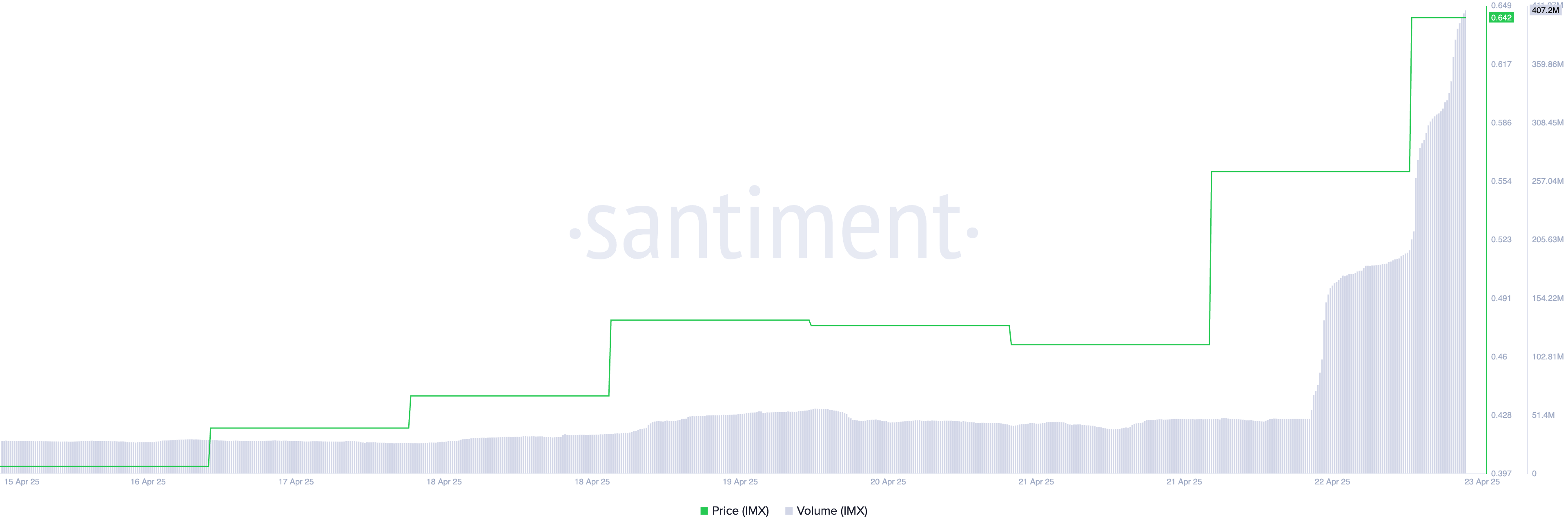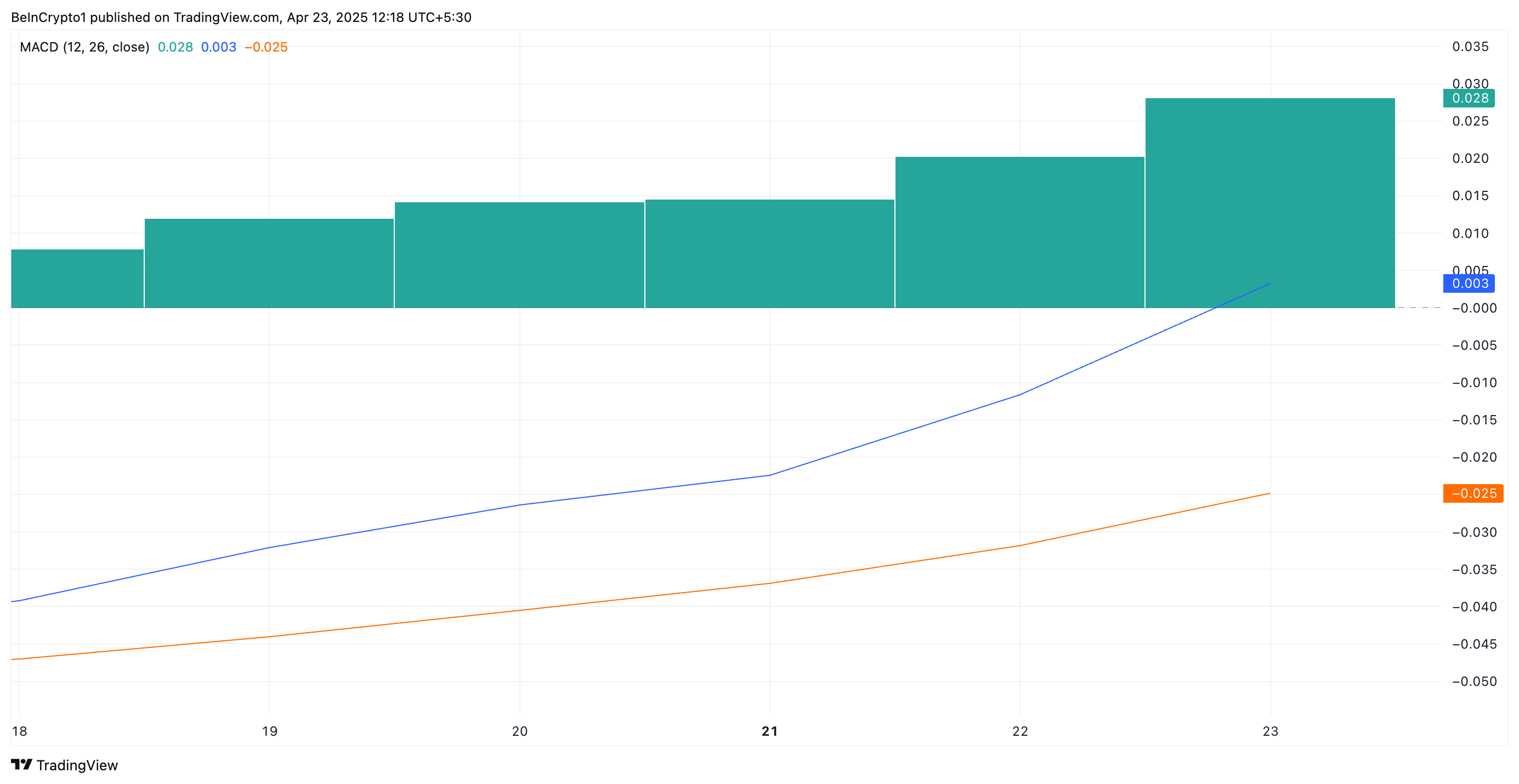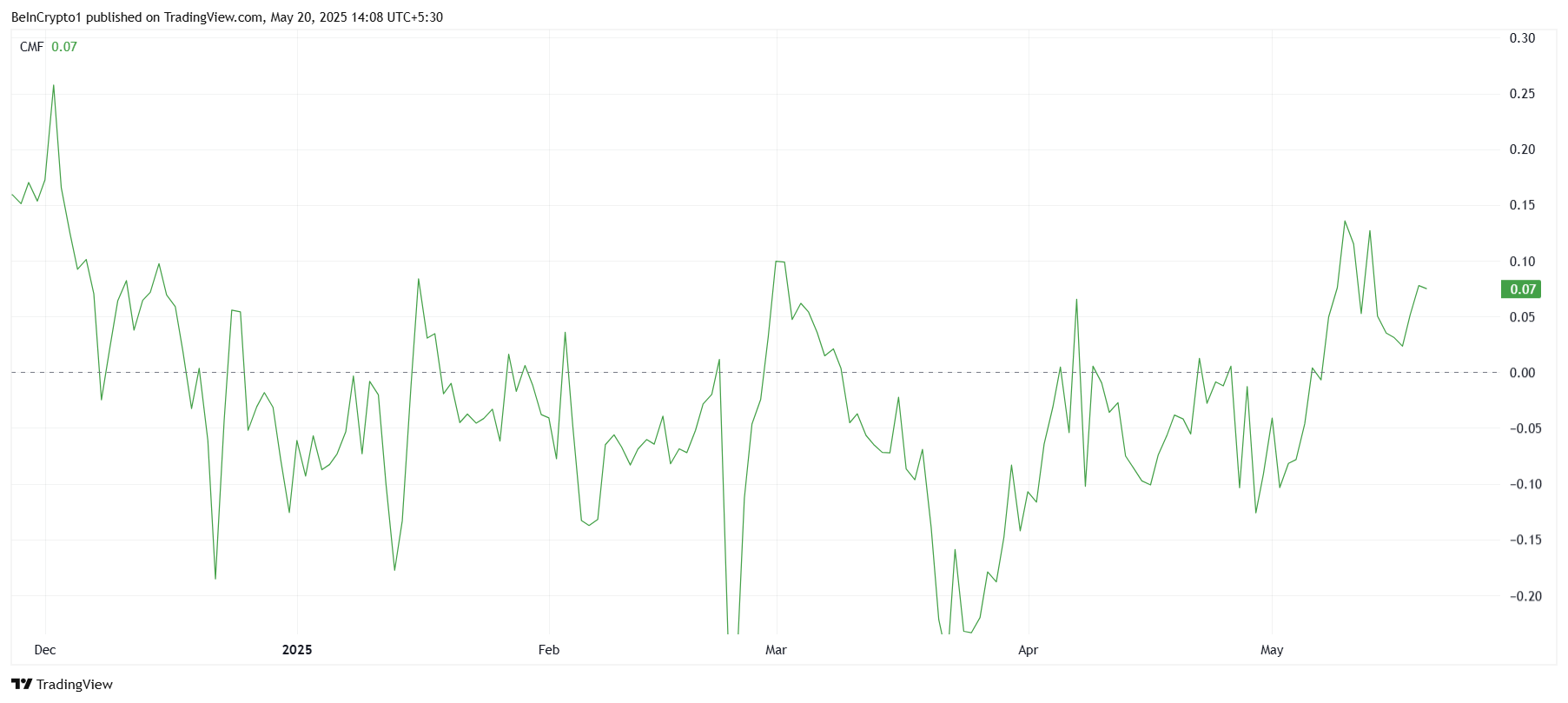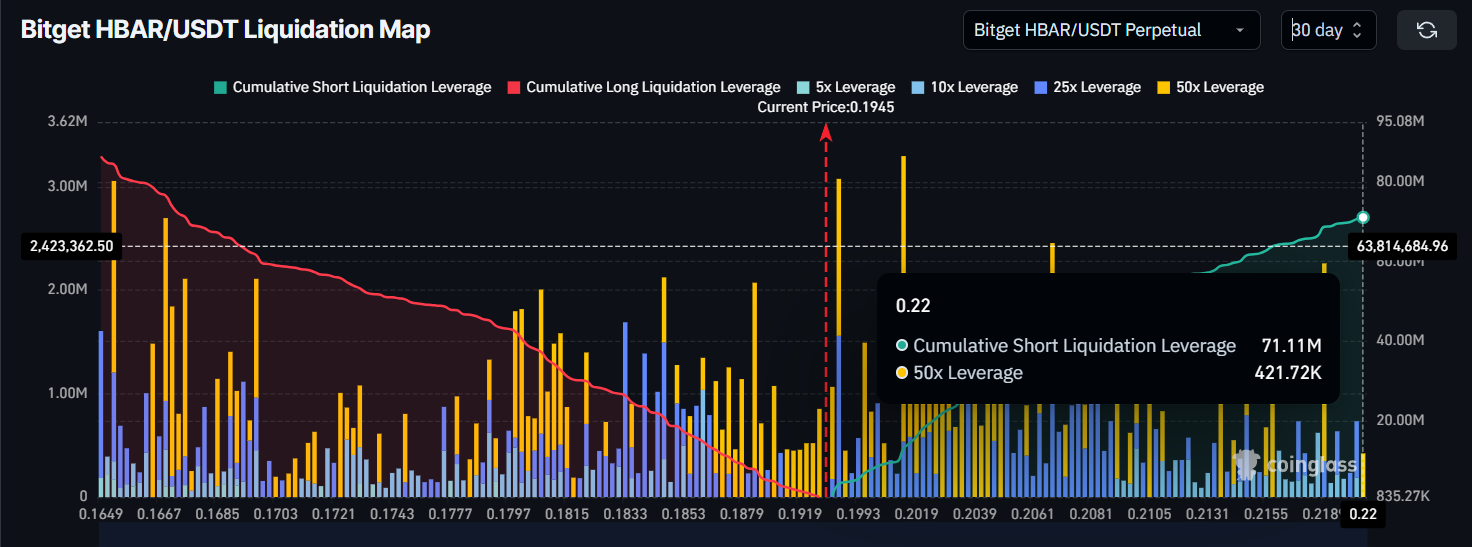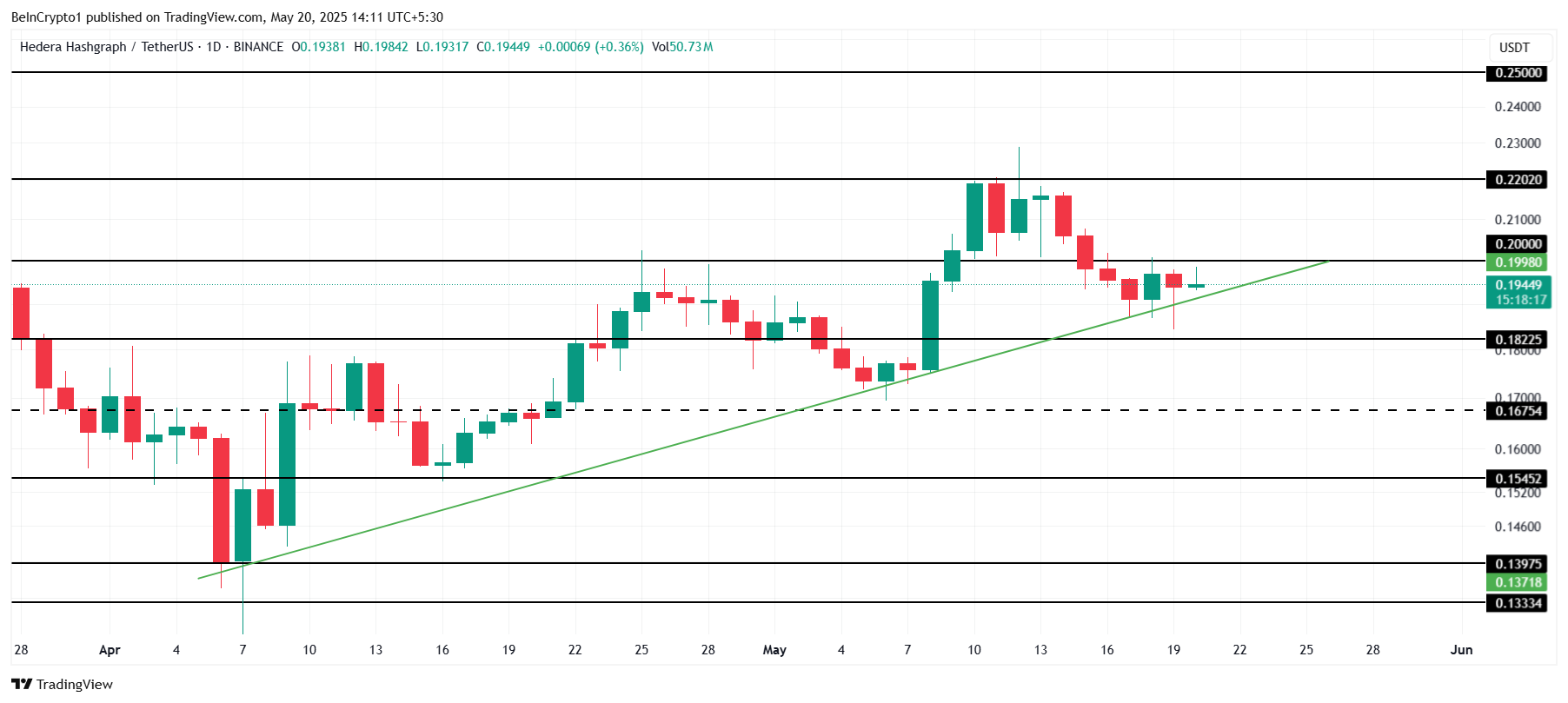Brazil’s inflation picked up speed in the month leading to mid-October, with consumer prices jumping due to a significant rise in electricity costs. The country’s inflation, measured by the IPCA-15 index, climbed 0.54%, marking a steep rise compared to the 0.13% increase reported in the previous month. The surge exceeded expectations from economists polled by Reuters, who predicted a 0.50% increase, highlighting the mounting inflationary pressure on Latin America’s largest economy.
In the 12 months leading up to mid-October, inflation stood at 4.47%, also surpassing economists’ forecast of 4.43%. This uptick in annual inflation compares to the 4.12% recorded in the month prior, showcasing the ongoing challenges facing Brazil’s economy.
Electricity Costs Lead The Charge
A primary driver of the rising inflation was the spike in electricity costs. Residential electricity prices soared by 5.29%, fueled by the impacts of a major drought affecting the country’s energy production. Brazil relies heavily on hydropower, and prolonged dry conditions have strained energy resources, leading to higher utility bills for consumers. This comes as no surprise given that electricity costs also played a key role in pushing inflation higher in September.
The situation has raised concerns about the potential for further interest rate hikes by Brazil’s central bank. With electricity costs continuing to climb, inflationary pressures are expected to persist, prompting discussions of more aggressive monetary tightening.
Food Prices Add to the Pressure
Adding to the inflationary burden, food prices also rose in the month to mid-October, increasing by 0.87%. The rising cost of food further complicates the economic outlook for Brazil, where consumers are already grappling with elevated energy expenses. While food inflation has been a recurring issue in Brazil, this latest uptick reinforces concerns about the broader impact on household budgets.
Central Bank to Respond with More Rate Hikes?
The recent inflation surge comes amid expectations that Brazil’s central bank, Banco Central do Brasil (BCB), may accelerate its interest rate-hiking cycle. Last month, the central bank’s rate-setting committee, Copom, initiated a tightening phase with a 25 basis point (bp) hike, signaling that more rate increases could follow.
The sharp rise in inflation, especially driven by essential costs like electricity and food, has put pressure on the central bank to step up its response. Kimberley Sperrfechter, an emerging markets economist at Capital Economics, noted that BCB policymakers have expressed concerns about persistent services inflation and the potential for unanchored inflation expectations. As a result, a more aggressive 50 bp rate hike is increasingly likely in upcoming meetings, Sperrfechter said.
The surge in inflation raises significant questions about Brazil’s economic trajectory. While the central bank aims to curb inflation through interest rate hikes, the rising cost of living could further strain household finances and consumer spending. As inflationary pressures intensify, the central bank faces the challenge of balancing its efforts to stabilize prices without hampering economic growth.
With electricity prices showing no signs of easing and food costs continuing to rise, Brazil’s inflationary outlook remains uncertain. The government’s ability to manage these inflationary pressures, along with the central bank’s response, will be critical in shaping the country’s economic future.
Also Read: BRICS Strikes Back – 15 US Bank Failures Amid $35.7 Trillion Debt Crisis
As Brazil navigates this inflationary environment, all eyes will be on Copom’s upcoming decisions and their potential impact on consumer prices and broader economic stability.



